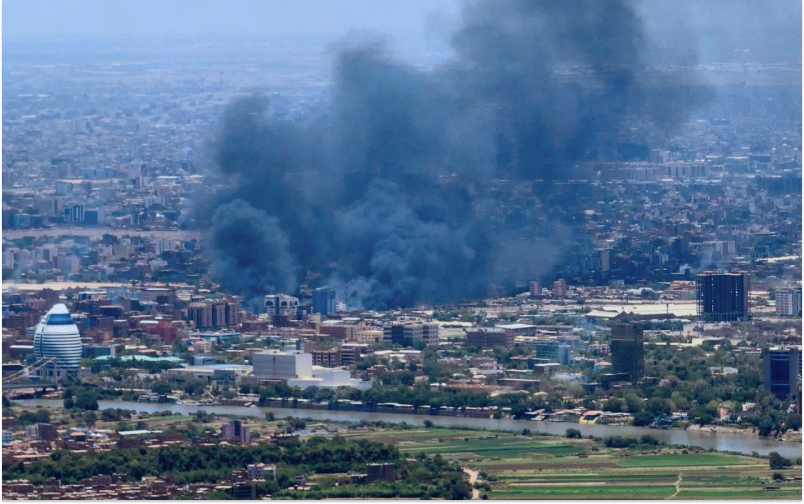The rapid escalation of conflict on 15 April 2023 drastically reshaped Sudan’s security landscape, forcing NGOs to adapt and scale. In an environment already hindered by insufficient insights on humanitarian security incidents and trends, NGO responses in Sudan faced the possibility of further impediments, particularly in the most insecure areas such as Darfur.
INSO was requested by the Sudan International NGO Forum to provide information management assistance to NGOs responding to the crisis in Sudan and neighbouring countries. As physical access to the country was restricted, INSO quickly activated its first-ever remote platform focused on information management services.
These services have included weekly digests on conflict activity and NGO incidents, thematic analyses, and direct briefings to humanitarian colleagues. This pilot initiative has enabled NGOs to make safer and more effective operational decisions in the heightened-risk environment by centralising data and NGO-specific insights.
Our global Analysis & Research team has led this effort in close coordination with the Sudan International NGO (INGO) Forum.
”For the INGO Forum, INSO’s support in the first weeks of the crisis and the continued analysis they have been able to provide remotely has been invaluable in supporting NGOs to navigate the new risks they face in the current context,” says Anthony Neal, Sudan International NGO Forum Coordinator.
While this remote support continues, we are working to establish a full platform in Sudan which will provide on-the-ground, long-term NGO safety and access support.
”We do not usually support remote information platforms because they make it difficult to build trusted networks. However, in this case, the need was significant and it was clear it could have a positive impact,” says INSO Executive Director Nic Lee.
This and all INSO’s work is supported by humanitarian funding from the European Commission, USAID’s Bureau for Humanitarian Assistance, Global Affairs Canada, Swiss Agency for Development and Cooperation, the United Kingdom’s Foreign, Commonwealth & Development Office, German Ministry of Foreign Affairs, Ministry of Foreign Affairs of Netherlands, Le Gouvernement du Grand-Duché du Luxembourg, Royal Ministry of Foreign Affairs of Norway, Swedish International Development Cooperation Agency, the United Nation’s Offices for the Coordination of Humanitarian Affair and the French Ministry for Europe and Foreign Affairs.

